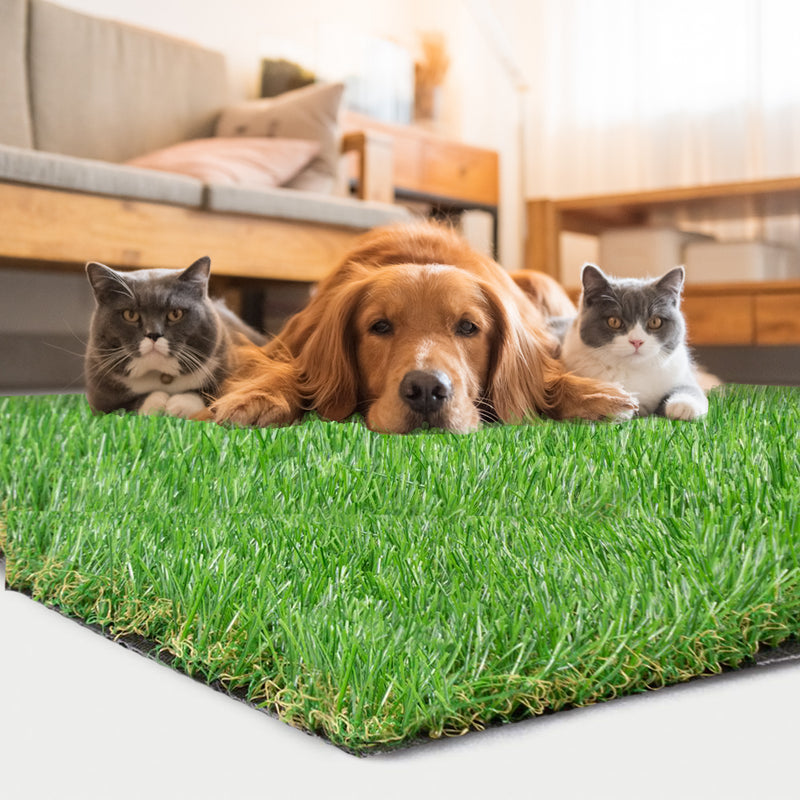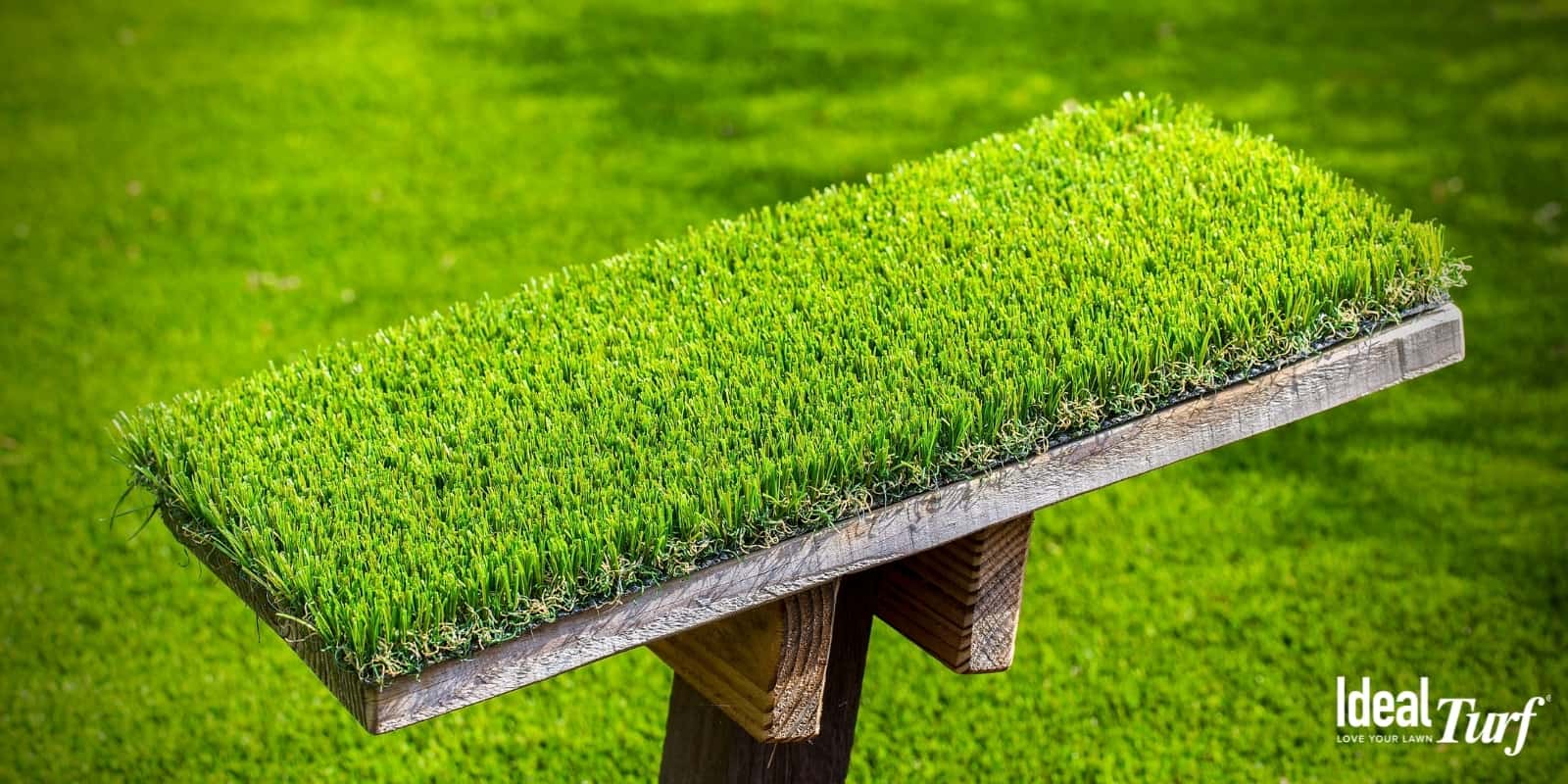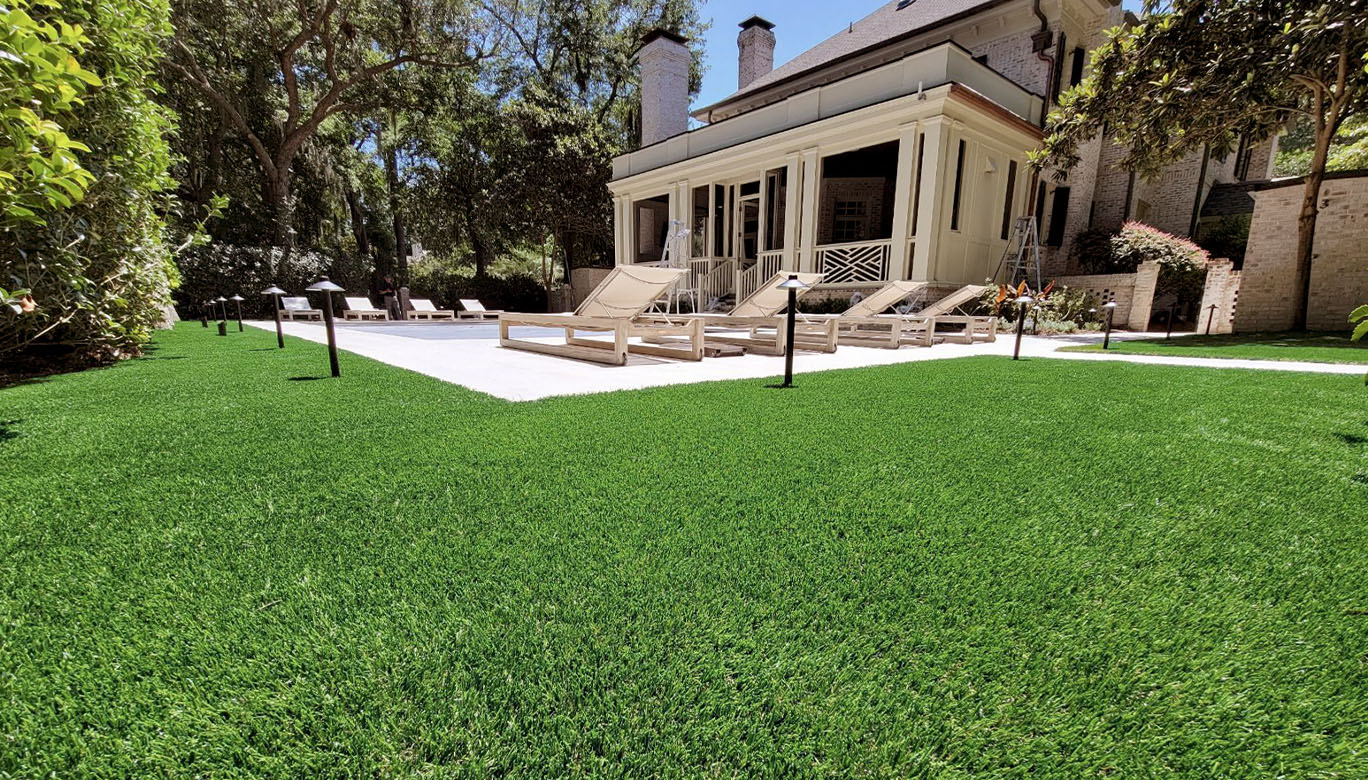Enjoy a Flawless Lawn with Arizona Artificial Turf for Any Outdoor Space
Explore the Environmental Perks of Opting for Synthetic Grass Solutions
The fostering of synthetic grass options presents an engaging possibility to deal with pushing ecological challenges. By considerably decreasing water usage and minimizing the application of dangerous chemicals, these alternatives not just advertise sustainable landscaping yet also shield neighborhood ecosystems. The reduced carbon footprint linked with reduced upkeep activities contributes to an extra sustainable strategy to land monitoring. The implications of these advantages expand beyond mere conservation initiatives, increasing concerns concerning their long-lasting impact on habitat preservation and overall environmental balance. Discovering these dimensions discloses a complicated interplay worth thinking about.
Water Conservation Perks
One of the most significant advantages of artificial turf is its capability to save water. In comparison, fabricated lawn does not need watering, considerably reducing the overall need for water sources.
By removing the need for routine watering, synthetic grass adds to lasting landscape techniques and assists reduce the ecological impact of excessive water consumption. Moreover, the conservation of water reaches the decrease of runoff, which can result in dirt disintegration and waterway pollution.
In addition, the installation of fabricated turf enables municipalities and home owners to assign water sources a lot more successfully, focusing on vital uses such as alcohol consumption water and farming. The change in the direction of artificial turf not just advertises accountable water usage however additionally lines up with more comprehensive environmental goals intended at preserving natural deposits.
As neighborhoods increasingly focus on sustainability, the water conservation benefits of artificial turf present an engaging situation for its adoption in property and commercial landscaping tasks.
Reduced Chemical Usage
The transition to fabricated lawn significantly lowers the reliance on chemical treatments commonly utilized in all-natural turf maintenance. Typical grass administration normally involves the application of pesticides, plant foods, and herbicides to promote development and control bugs. These chemicals can position dangers to human health and wellness, regional wildlife, and the atmosphere, adding to soil and water contamination.
In comparison, synthetic grass eliminates the demand for these harmful substances. As soon as set up, it requires very little maintenance, largely including routine cleaning and irregular infill replenishment. This decrease in chemical usage not just benefits the immediate atmosphere but likewise contributes to more comprehensive eco-friendly security. By decreasing the launch of synthetic compounds right into the ecological community, synthetic grass advertises healthier soil and water supply.
Additionally, the absence of chemical runoff associated with synthetic grass installments assists safeguard regional waterways from contamination, supporting water life and maintaining biodiversity. Phoenix turf companies. As areas significantly focus on lasting practices, selecting man-made grass presents a sensible option that aligns with ecological conservation objectives. Via this shift, building owners can appreciate rich environment-friendly rooms without compromising ecological health and wellness, leading the method for an extra sustainable future
Reduced Carbon Impact

In addition, the installment of fabricated grass can result in considerable water preservation. All-natural grass need significant amounts of water for irrigation, which not just includes in the carbon impact associated with water removal and therapy but likewise pressures regional water helpful site sources. In comparison, synthetic grass requires minimal maintenance, calling for no watering, consequently dramatically reducing water use and its connected energy prices.
Furthermore, the durability of man-made turf adds to its reduced carbon effect. With a lifespan of up to 15 years or more, the requirement for regular substitutes is lessened, leading to much less waste and lower power intake in manufacturing and throwing away conventional grass choices. Generally, synthetic grass presents a sustainable choice for ecologically mindful landscaping.
Habitat Preservation
Habitat preservation is an important factor to consider in the discussion over landscaping selections, particularly when contrasting synthetic grass to natural grass. Natural grass yards commonly need extensive upkeep, consisting of the usage of herbicides, chemicals, and plant foods, find more info which can detrimentally affect regional environments. These chemicals can seep right into the soil and rivers, harming indigenous flora and fauna and interfering with regional environments.
On the other hand, synthetic grass offers a possibility to decrease the ecological footprint of landscape design. By choosing for artificial lawn, homeowners can reduce the disturbance of natural environments connected with conventional grass care techniques. Synthetic grass removes the requirement for unsafe chemicals, thereby protecting nearby wildlife and maintaining the integrity of bordering ecosystems. In addition, the installment of synthetic grass can lead to the conversion of former lawn locations right into more biodiverse landscapes, such as pollinator gardens or native plant areas, which can sustain regional wildlife.
Eventually, the shift to artificial grass not only conserves water and decreases upkeep click for more info initiatives yet additionally promotes an extra harmonious partnership between human activities and the natural environment, advertising environment preservation at the same time.
Long-Term Sustainability
Long-term sustainability is a vital variable in reviewing the benefits of synthetic grass over traditional turf lawns. One of one of the most significant advantages of artificial turf is its toughness; it can last approximately 15-20 years with minimal maintenance, whereas natural grass requires constant reseeding and replacement. This long life reduces the need for consistent resources, such as water, fertilizers, and chemicals, which are vital for maintaining a healthy and balanced grass yard.
Additionally, synthetic grass adds to a decrease in carbon exhausts connected with grass care tools. Standard lawns often need gas-powered lawn mowers, trimmers, and blowers, every one of which add to air contamination. Phoenix turf companies. On the other hand, synthetic grass gets rid of the demand for such equipment, promoting a cleaner setting
Furthermore, the manufacturing of synthetic grass increasingly uses recycled products, improving its sustainability account. As manufacturers take on green techniques, the ecological footprint of synthetic grass remains to diminish.

Verdict
The adoption of synthetic grass solutions presents substantial environmental advantages, including substantial water conservation, reduced dependence on harmful chemicals, and a lower carbon impact. Artificial grass help in maintaining all-natural environments by reducing land disturbance and promoting long-term sustainability through the usage of resilient materials. Jointly, these aspects emphasize the capacity of synthetic grass to contribute favorably to ecological health and supply a sensible choice to standard landscaping techniques in an increasingly resource-conscious globe.
In contrast, synthetic turf does not require watering, significantly lowering the general demand for water sources. By lessening the launch of artificial compounds into the ecological community, fabricated grass advertises much healthier dirt and water systems.
Moreover, the installation of man-made turf can result in significant water preservation. In contrast, man-made turf requires minimal upkeep, calling for no watering, thereby dramatically minimizing water use and its connected energy expenses.
